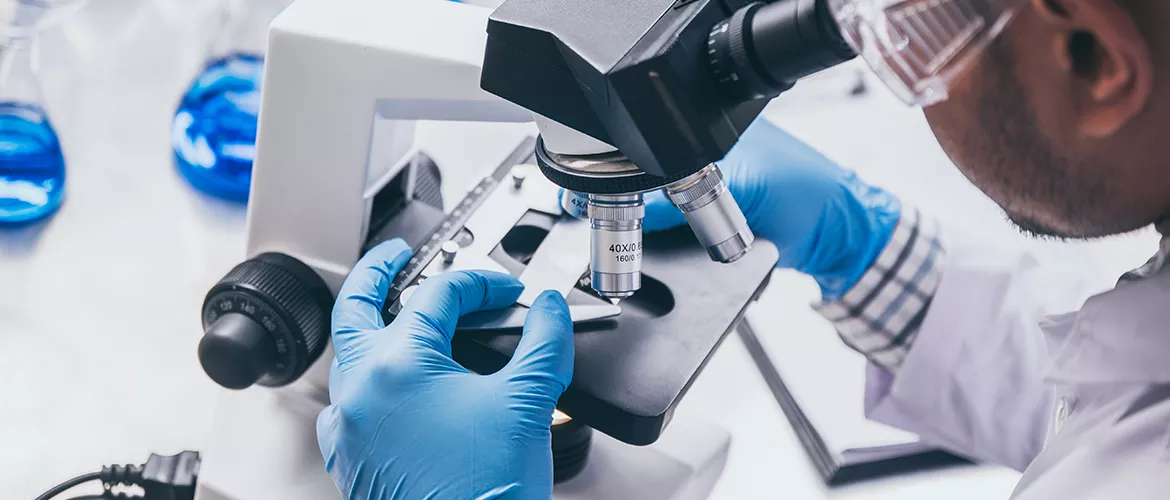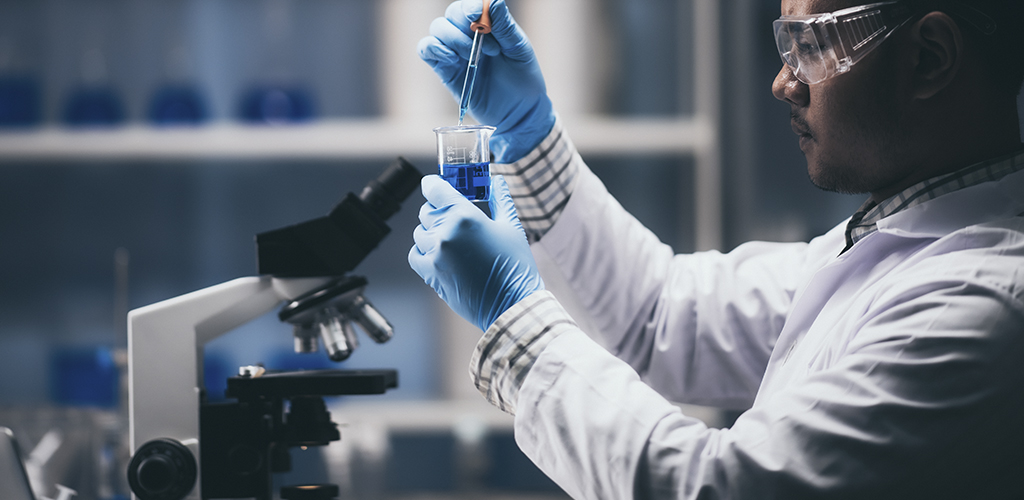Innovations in Cancer Detection and Diagnosis
In recent years, the field of cancer detection and diagnosis has seen remarkable advancements, aiming to improve survival rates through early intervention. Trials like the Galleri blood test represent a significant leap forward, harnessing cutting-edge technology to identify multiple types of cancer at a nascent stage. Such innovations are crucial, as early detection often leads to better prognoses and more effective treatment options for patients.
Furthermore, artificial intelligence (AI) is transforming how healthcare professionals approach cancer diagnosis, particularly prostate cancer, which is prevalent among men. By analyzing vast datasets, AI can enhance accuracy in identifying cancerous changes, enabling quicker and more reliable diagnoses. The combination of innovative blood tests and AI technology epitomizes a new era in cancer care, promising not just improved detection but also tailored treatment pathways for patients.
The Future of Cancer Care
The future of cancer care hinges on the integration of advanced technologies that streamline the diagnostic process. As trials like Galleri show promise, they pave the way for more widespread adoption of similar tests, ultimately expanding access to early cancer detection. This shift could lead to a paradigm change in how healthcare systems address cancer, with an emphasis on prevention and early intervention.
Moreover, ongoing research into AI methodologies will likely yield tools that empower clinicians to make more informed and timely decisions. By minimizing the time between suspicion and diagnosis, patients can begin their treatment options sooner, enhancing their chances of recovery. The collaboration between technological innovation and healthcare will continue to evolve, with a focus on improving the overall patient experience in cancer care.




